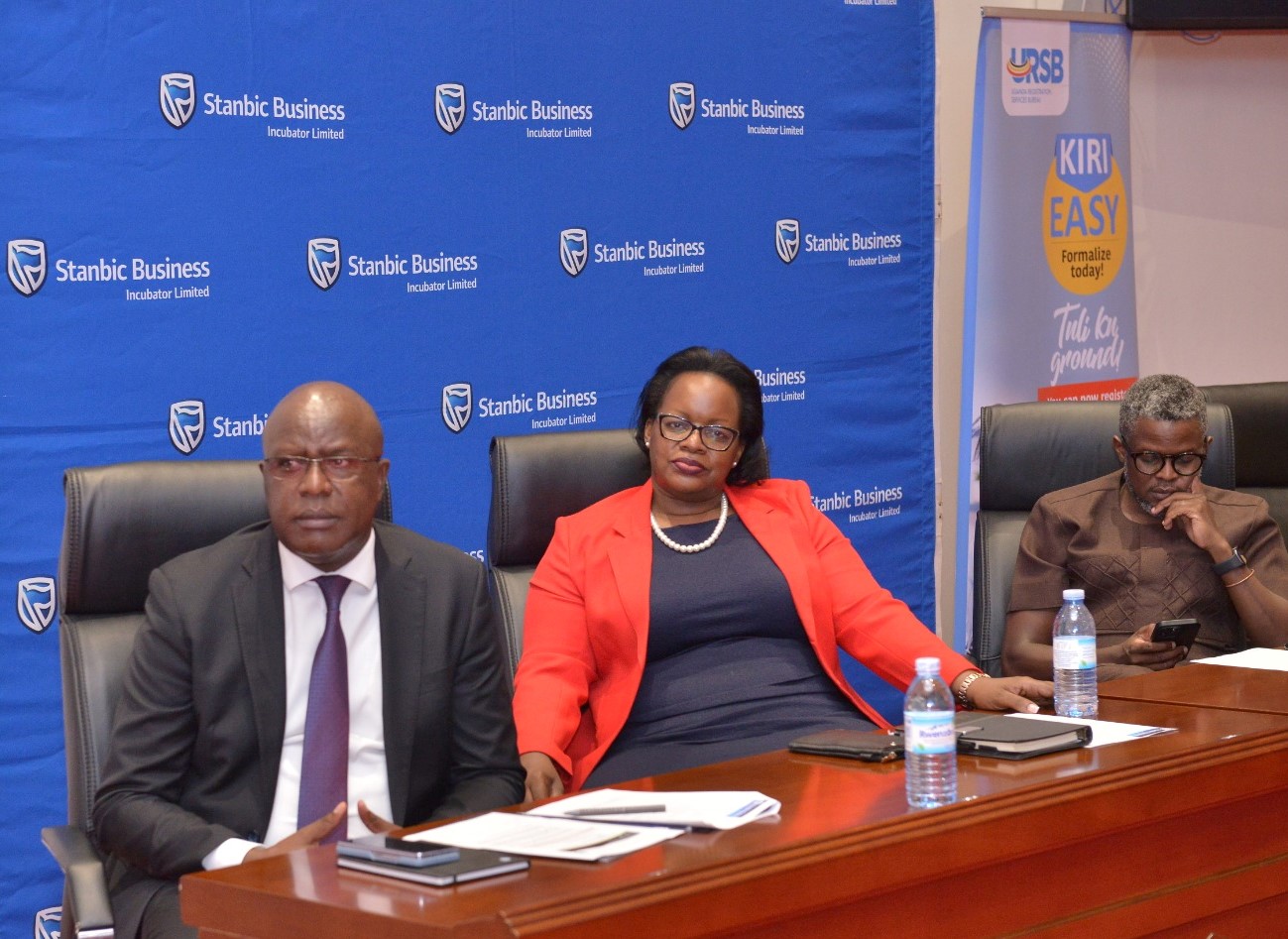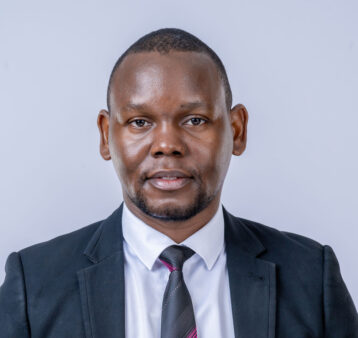The Chief Executive of the Stanbic Uganda Holdings Limited (SUHL), Francis Karuhanga has officially flagged off two innovative programs aimed at supporting businesses access finance, fostering economic growth within Uganda’s dynamic SME sector.
Dubbed the Stanbic Accelerator Program (SAP) and the Supplier Development Program (SDP), unveiled today, the two are under the implementation of the Stanbic Business Incubator Limited (SBIL), a subsidiary of SUHL.
“Each year, we inject about UGX 2 billion into the Incubator. The programs mark a significant milestone in SBIL’s commitment to empowering entrepreneurs and small business owners across the country,” Karuhanga said.
He added that the initiatives are designed to equip SMEs with the essential skills, knowledge, and resources needed to thrive in today’s competitive business landscape.
The Stanbic Bank Incubator has partnered with MTN, Uganda Chamber of Mines and Petroleum, Uganda Registration Services Bureau (URSB) , NSSF, GIZ, Petroleum Authority of Uganda and many more strategic partnerships, bringing together key players in the sector to support SMEs that enroll for these programs to scale and create social impact.
Justina Ziraba, the MTN representative said, MTN will support the programs especially with digital transformation modules and marketing tools that utilise their 22 million customer base.
Tony Otoa, the Chief Executive at the Stanbic Business Incubator said, strategic partnerships have enabled the incubator have impact on over 3000 businesses in three years, while urging entrepreneurs to unlearn and learn as they prepare their businesses for the future, especially a future affected and driven by Artificial Intelligence (AI).
“We want to have a 99% support rate to all the entrepreneurs who seek access to finance,” Otoa said.
The Stanbic Accelerator Program is tailored to support SMEs in their journey towards growth and investment readiness.
Through this program, business owners will gain invaluable insights and training to enhance their company’s growth prospects.
Key focus areas include building competence in capital raising, fostering resilience, and creating employment opportunities. Furthermore, the program will facilitate the development of a robust pipeline for potential investors, thus fostering sustainable economic growth.
The Supplier Development Program aspect is in alignment with Uganda’s burgeoning energy sector, and will empower SMES to participate in opportunities in Uganda’s Energy Sector.
Nelson Kasadha, the Programs Manager explained that the participants will receive comprehensive training and guidance on navigating the intricacies of the energy market, including market trends, opportunities, and challenges.
Moreover, the program will facilitate crucial market linkages, connecting SMEs with potential partners and customers.
Additionally, participants will gain insights into accessing grants and loans to fuel their growth and expansion within the energy sector.
“We are thrilled to introduce these transformative programs aimed at empowering SMEs and driving economic prosperity in Uganda,” Kasadha noted.
By providing access to finance, training, and market opportunities, these initiatives are expected to unlock new pathways for growth and innovation within the SME ecosystem.

 Airtel Africa and SpaceX Announce Strategic Partnership to Launch Starlink Direct to Cell Connectivity Across Africa
Airtel Africa and SpaceX Announce Strategic Partnership to Launch Starlink Direct to Cell Connectivity Across Africa


